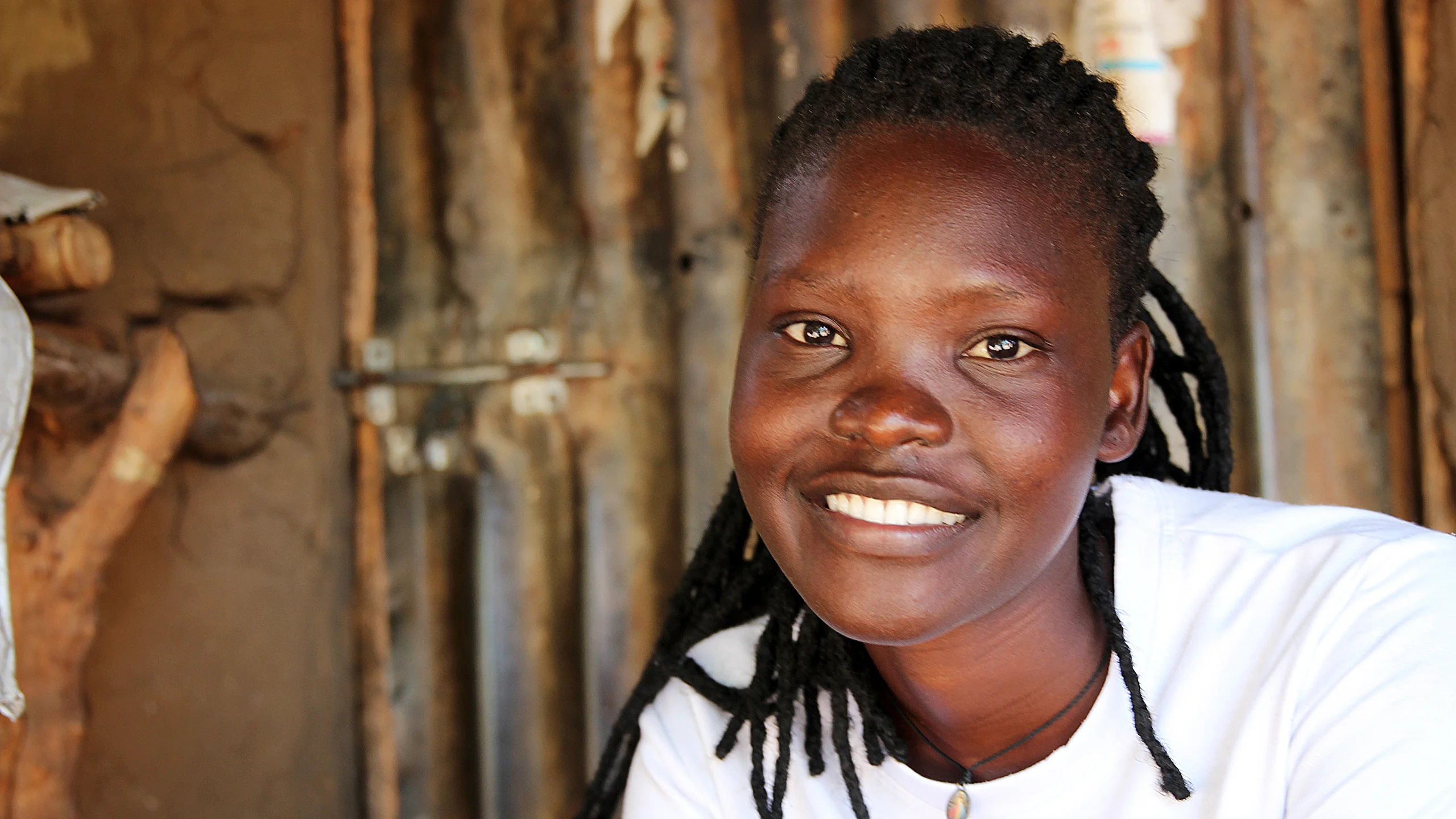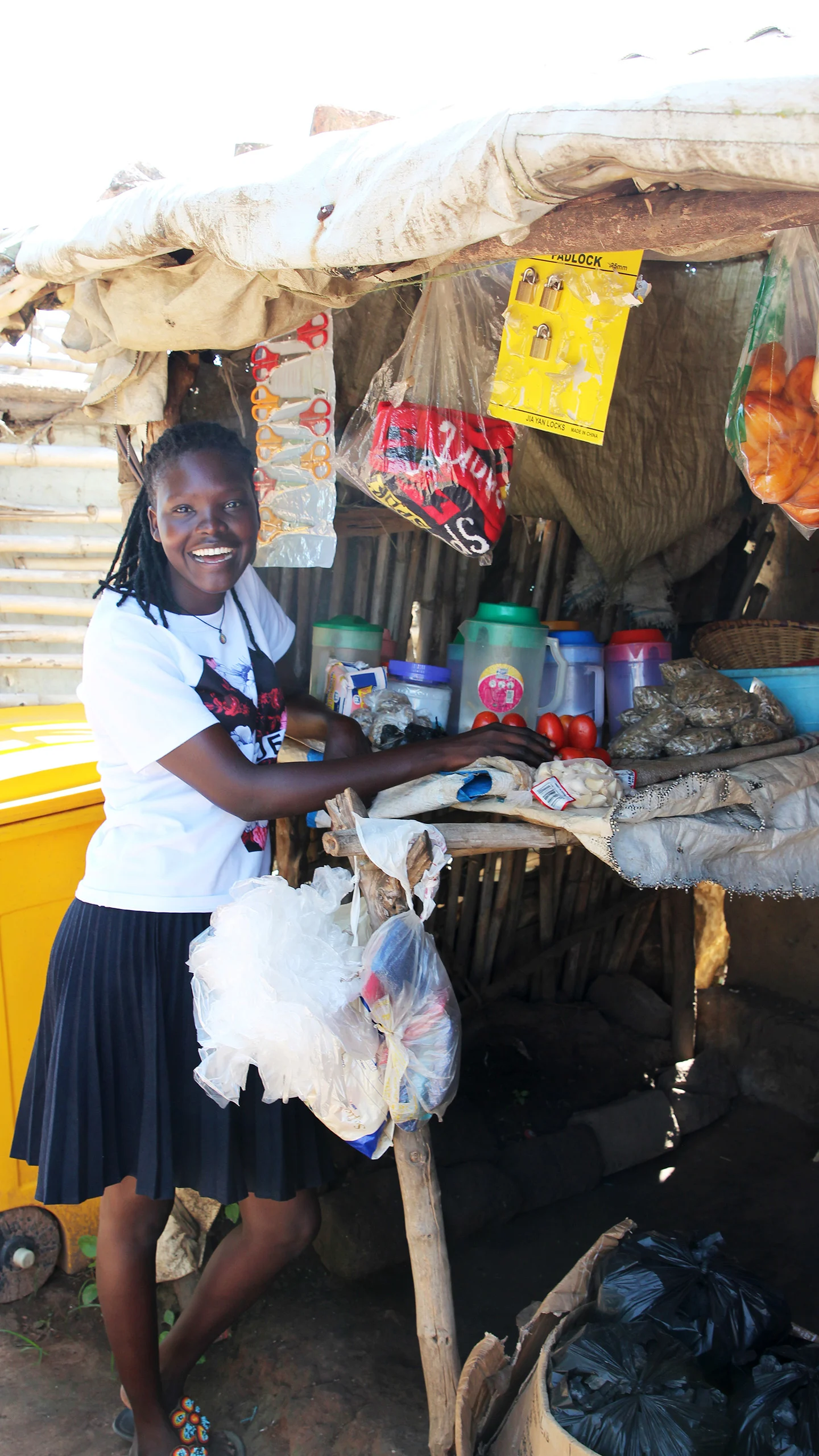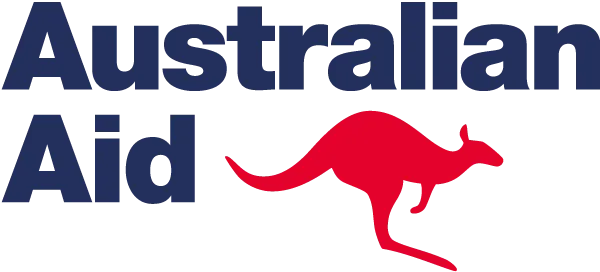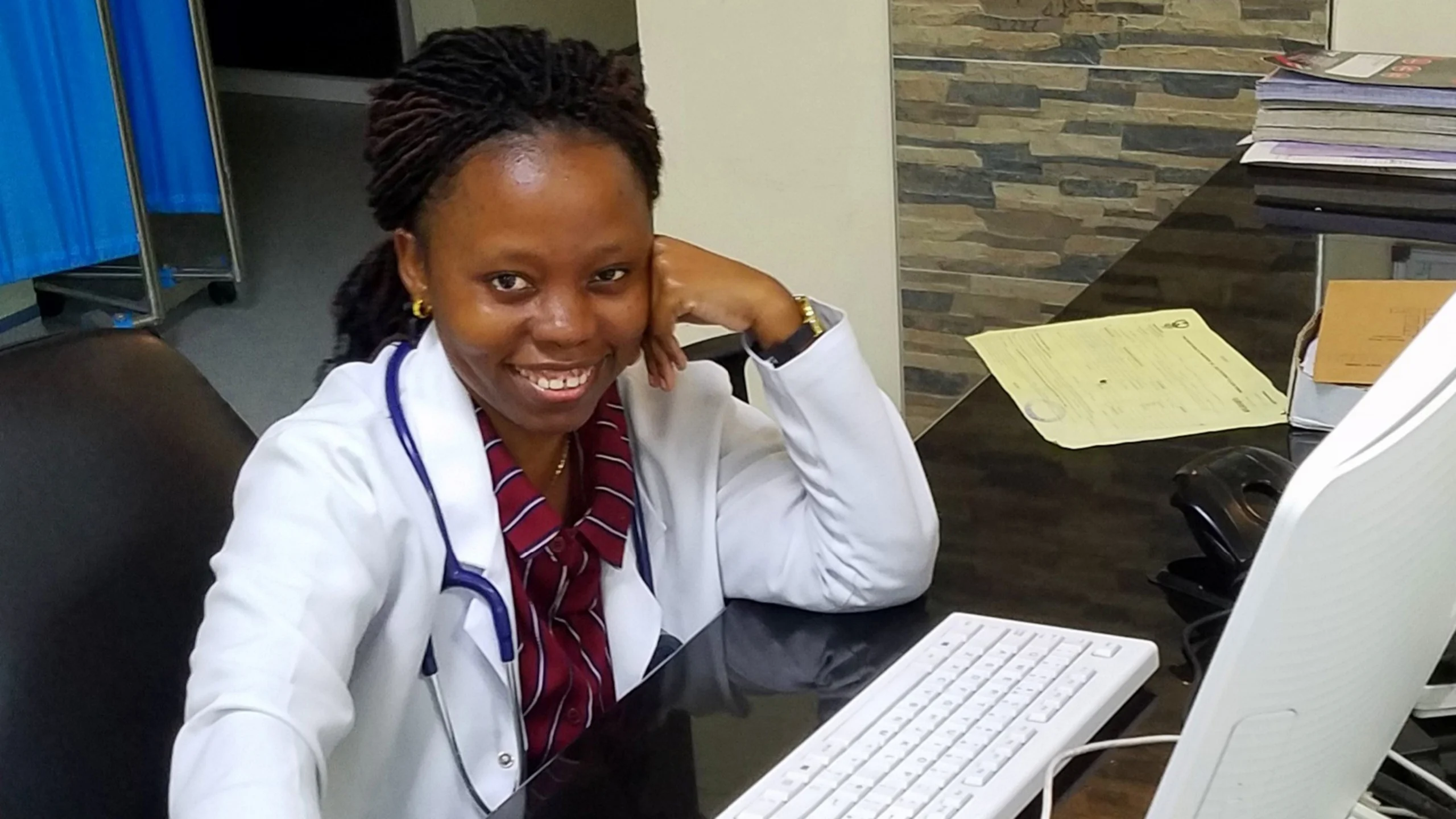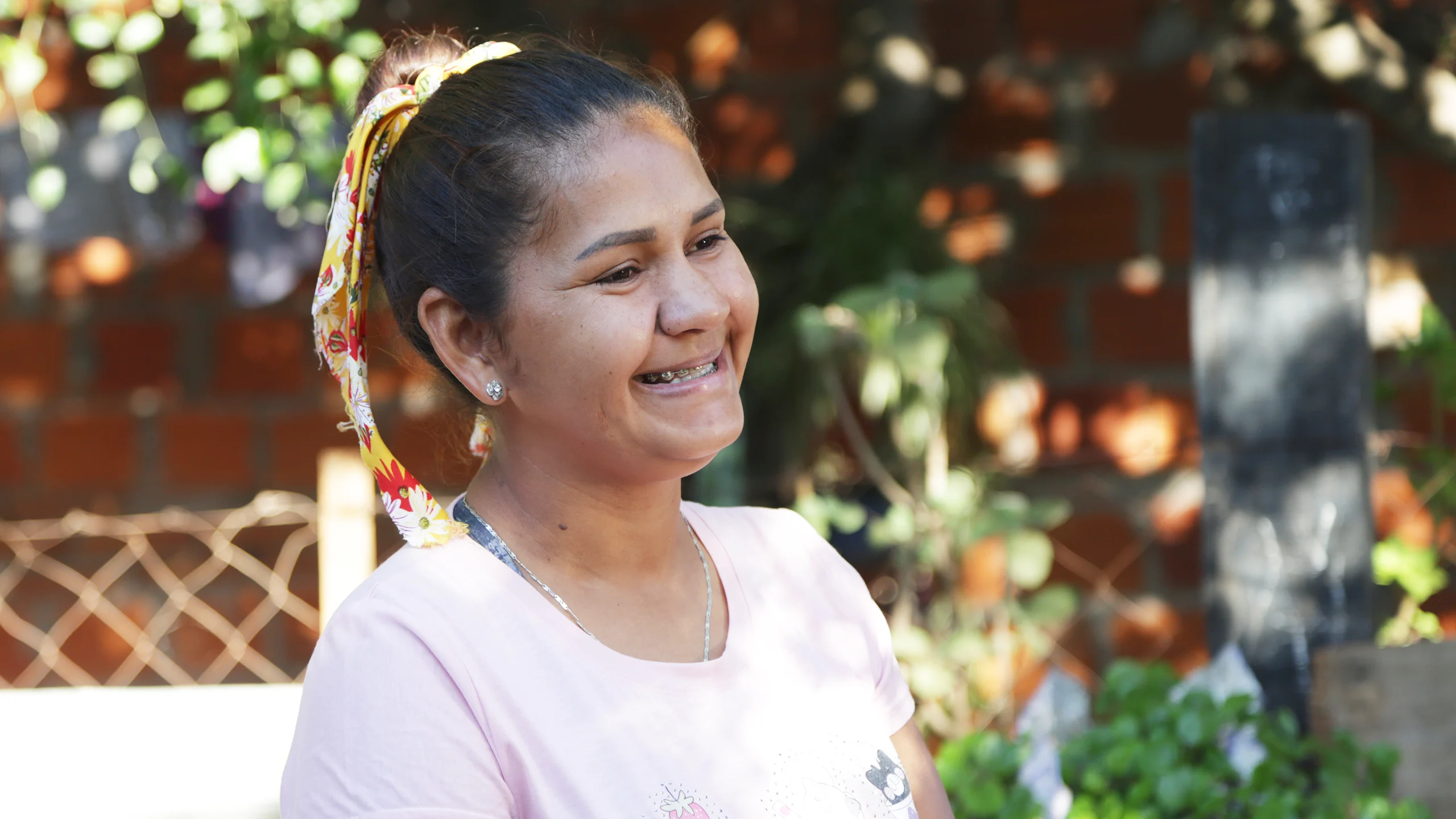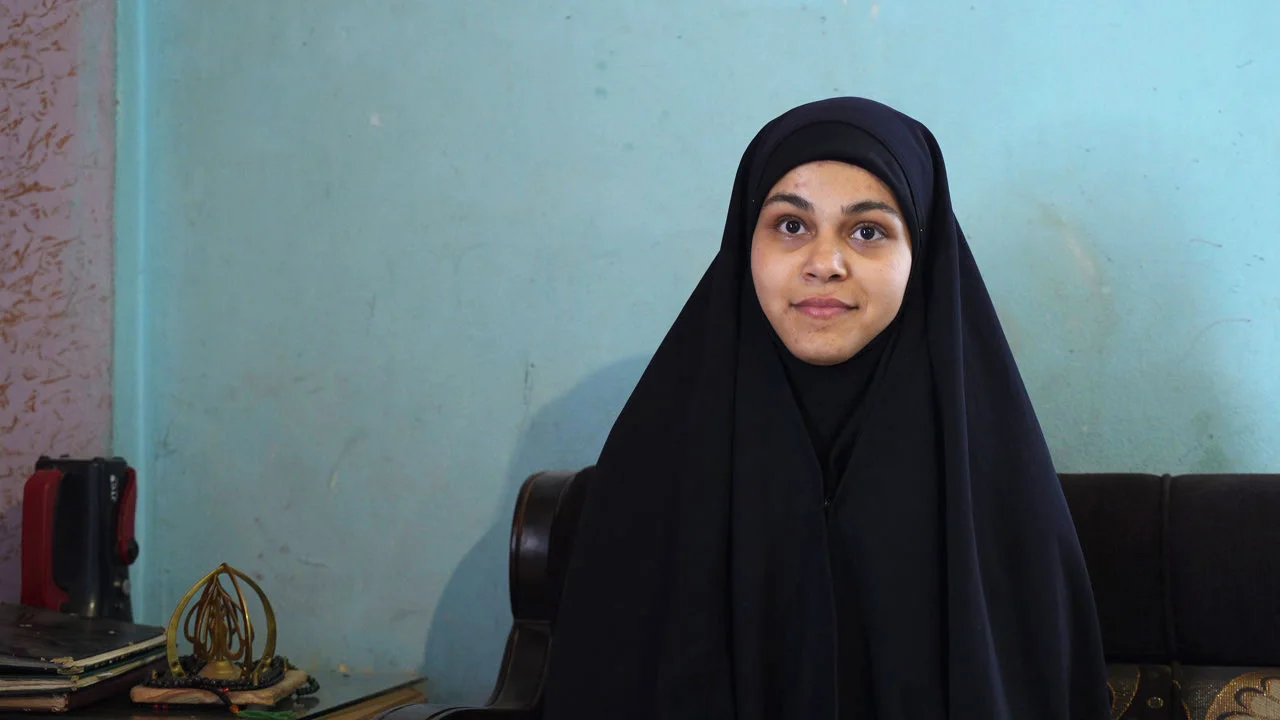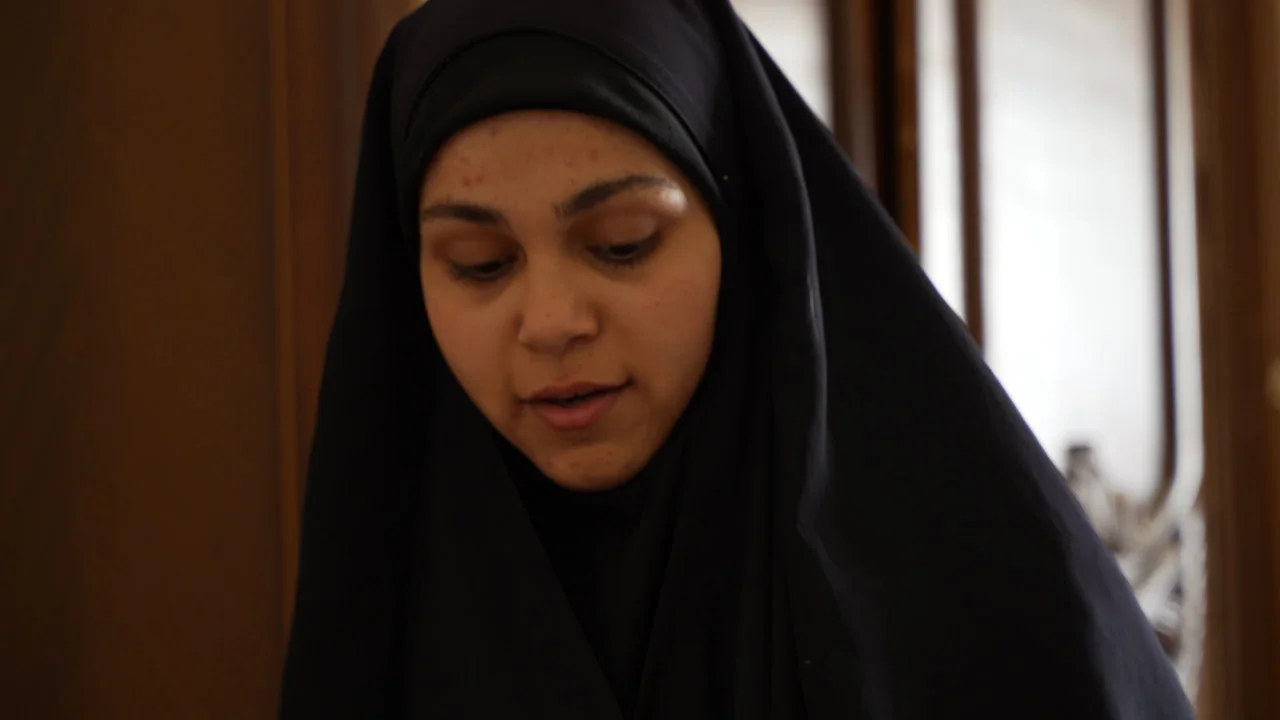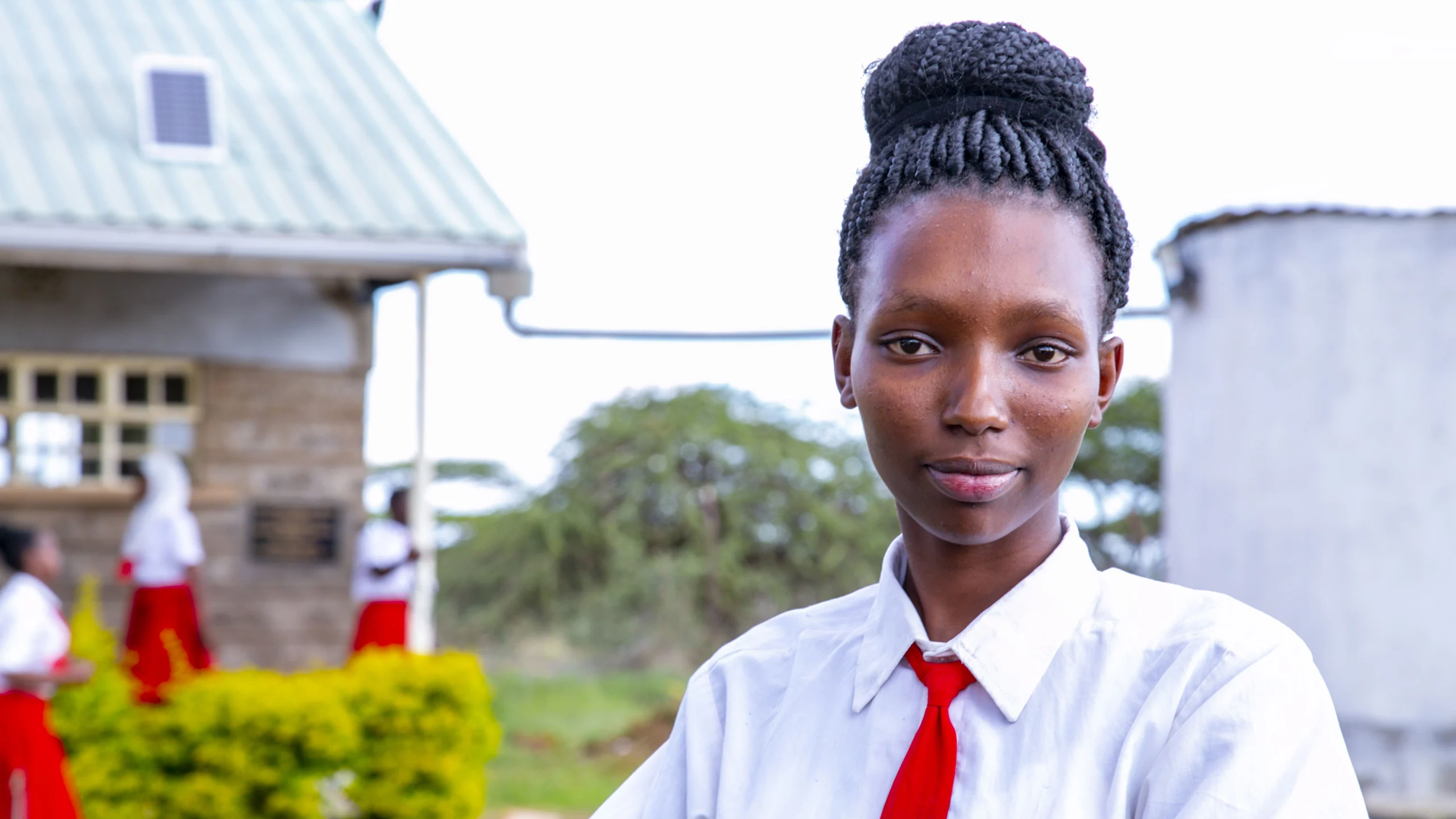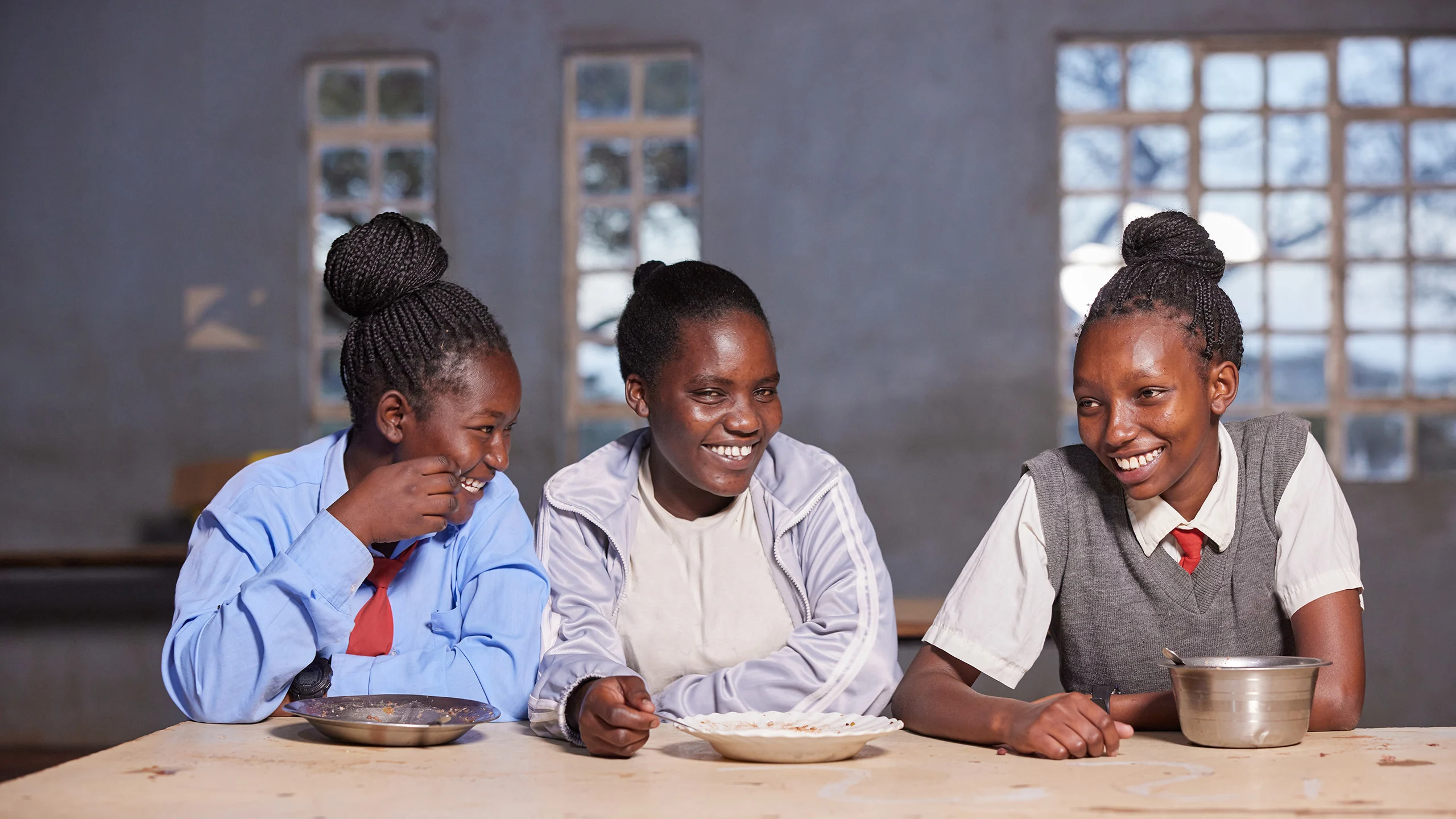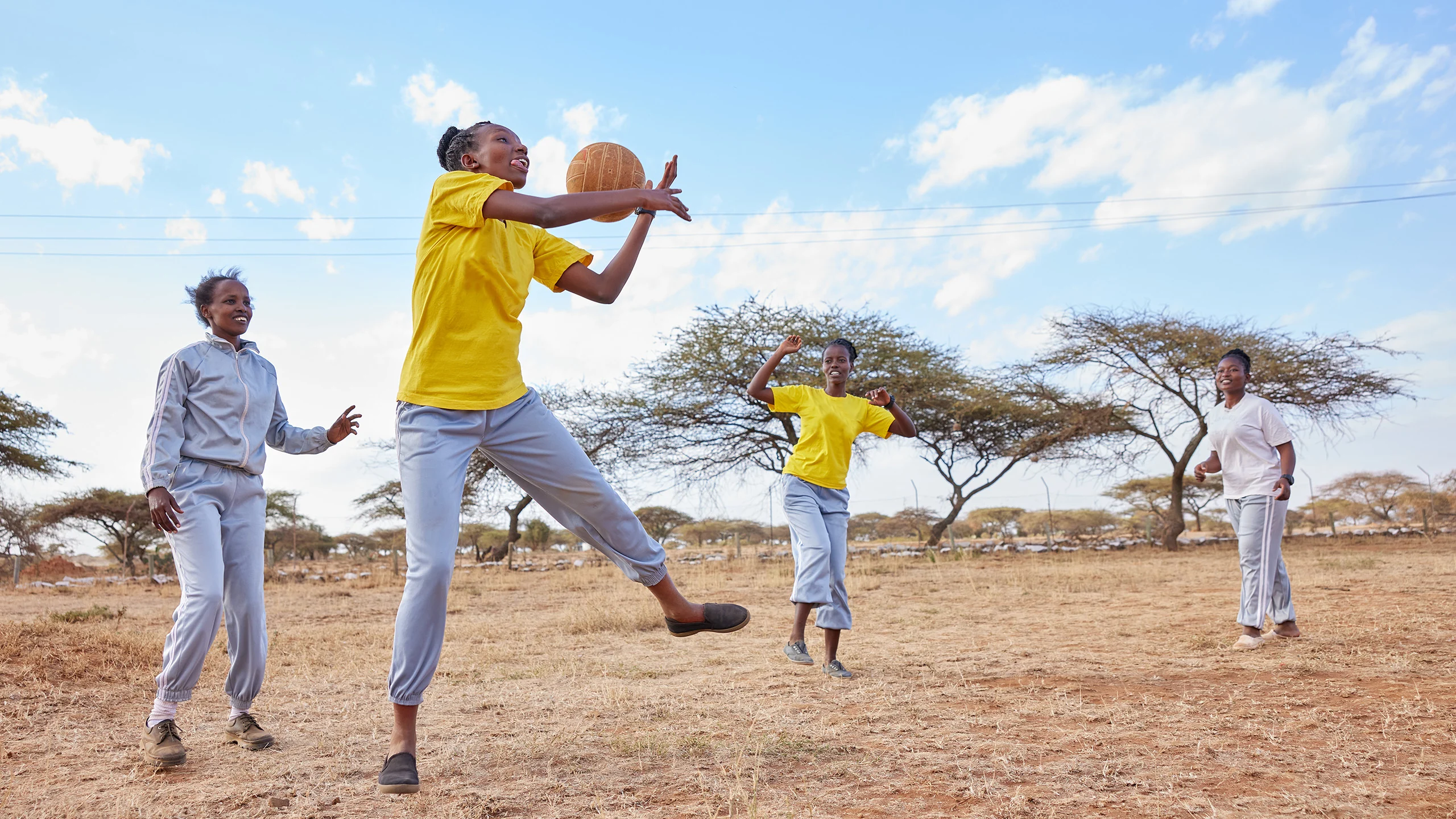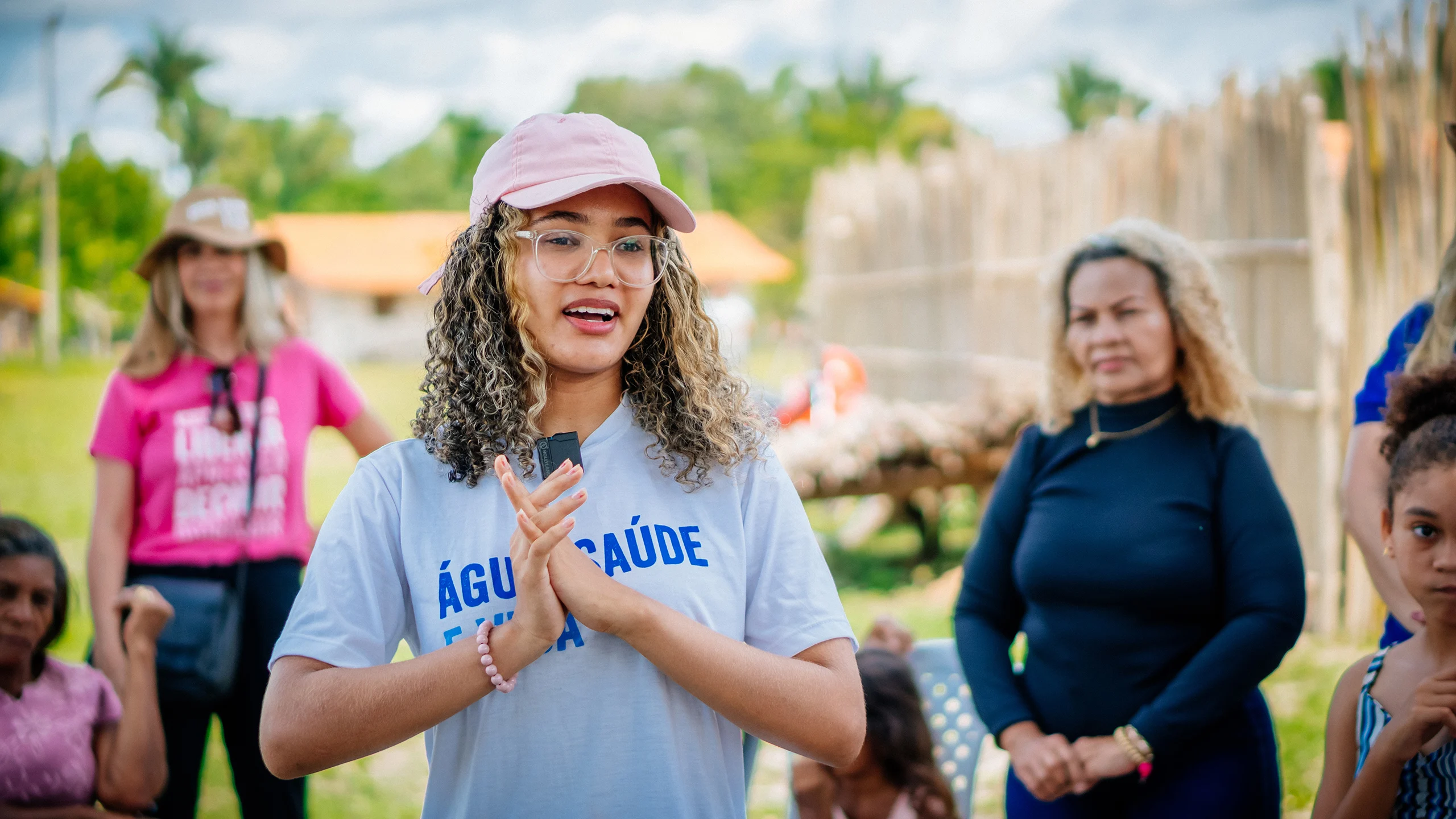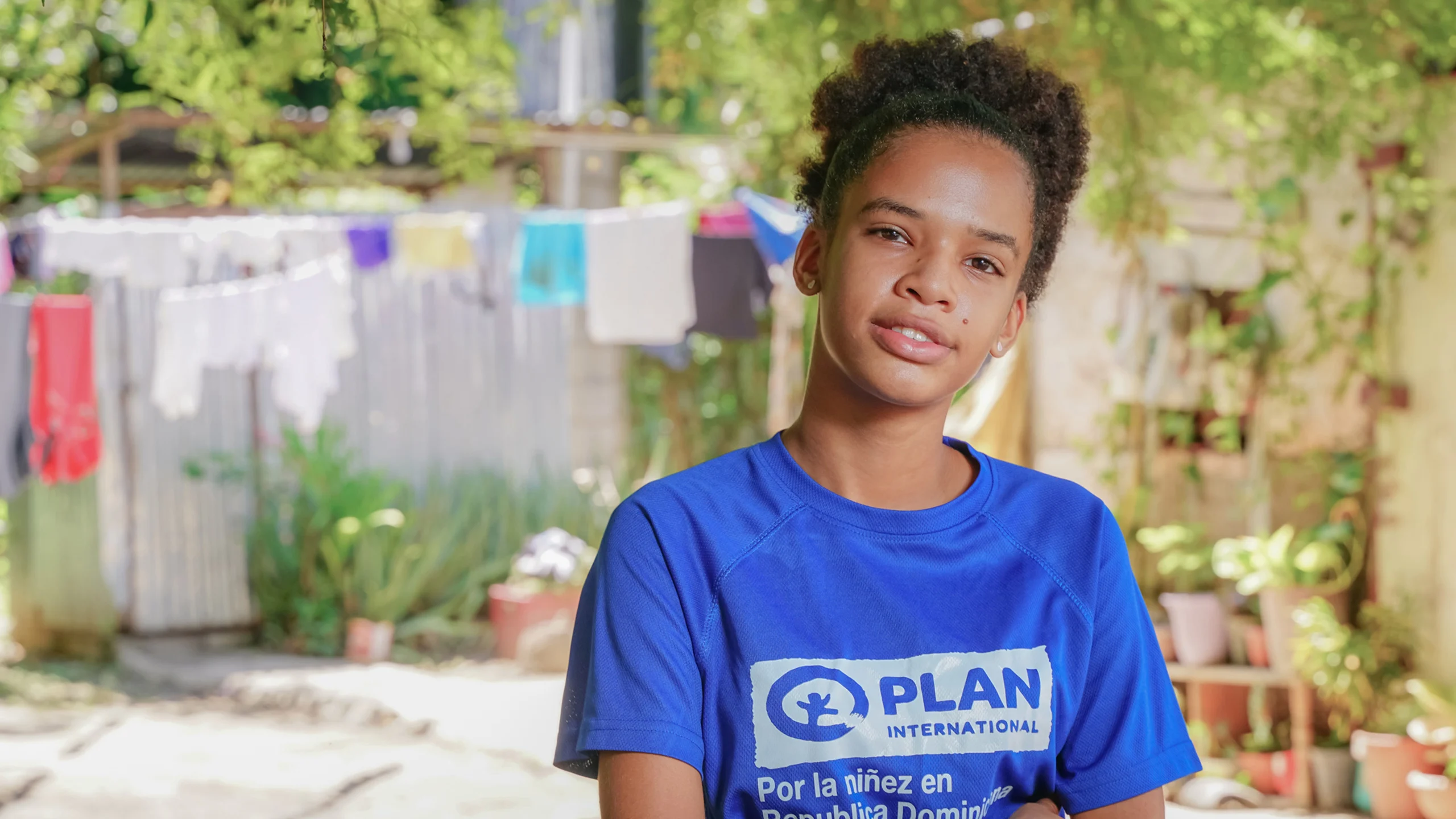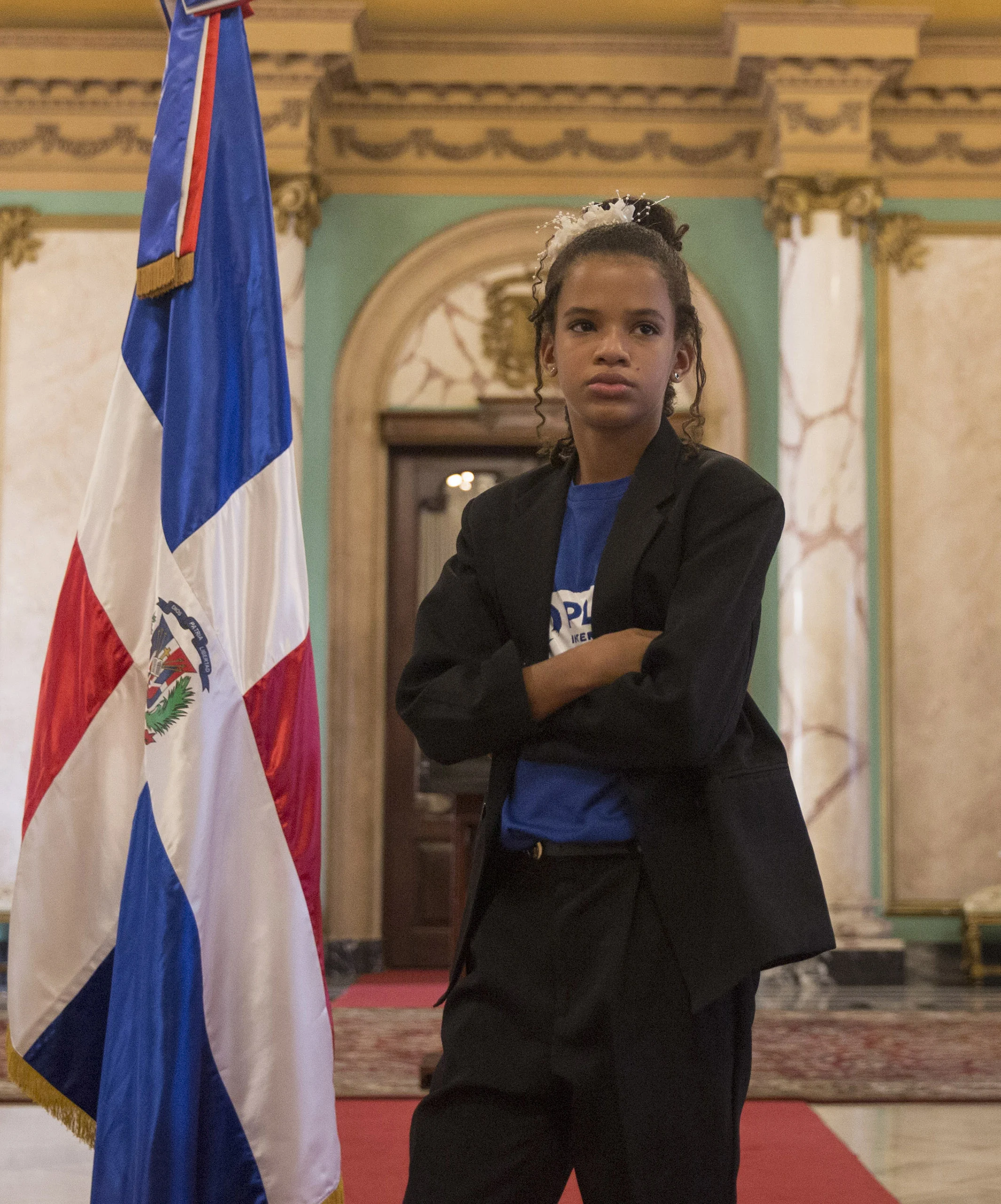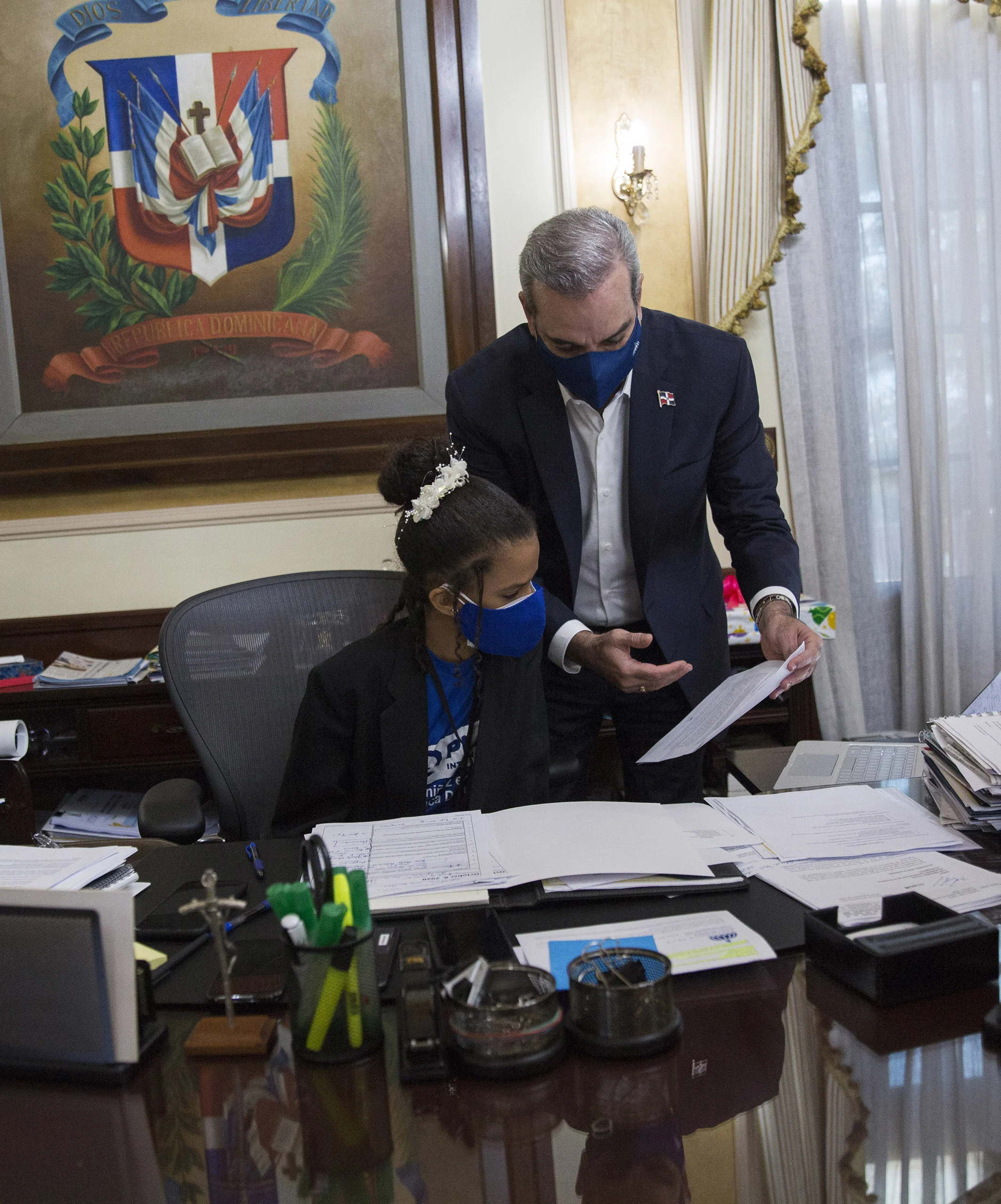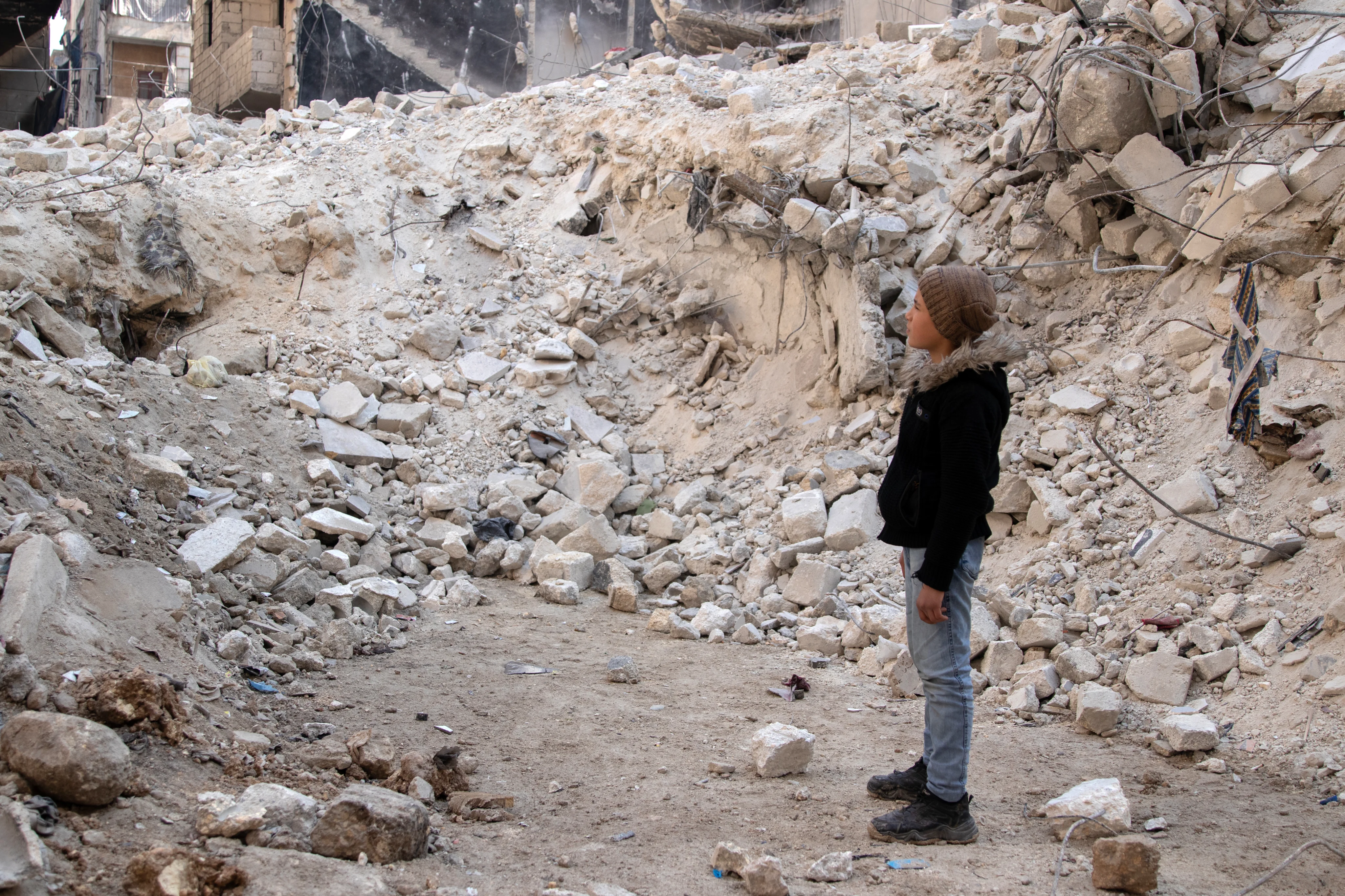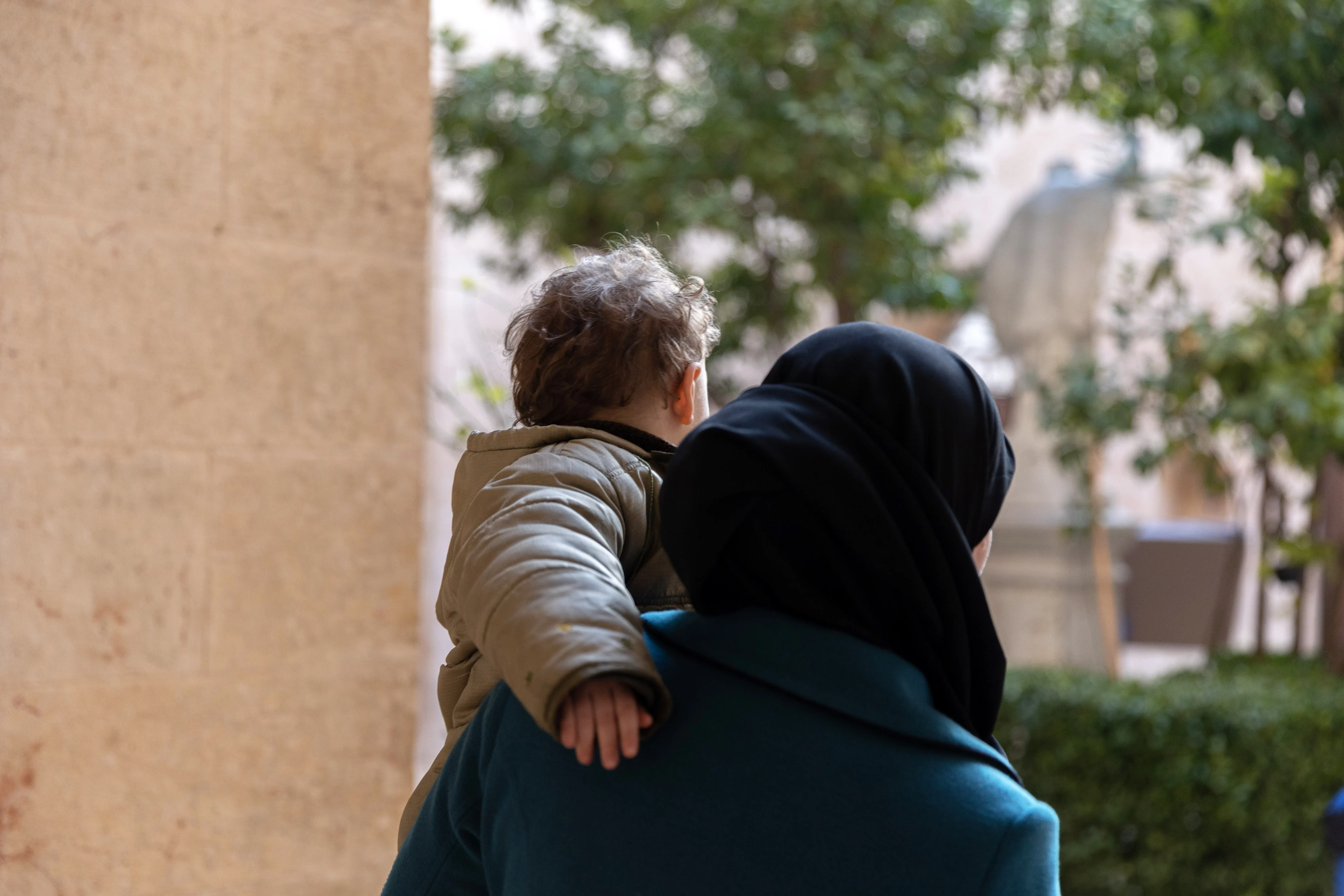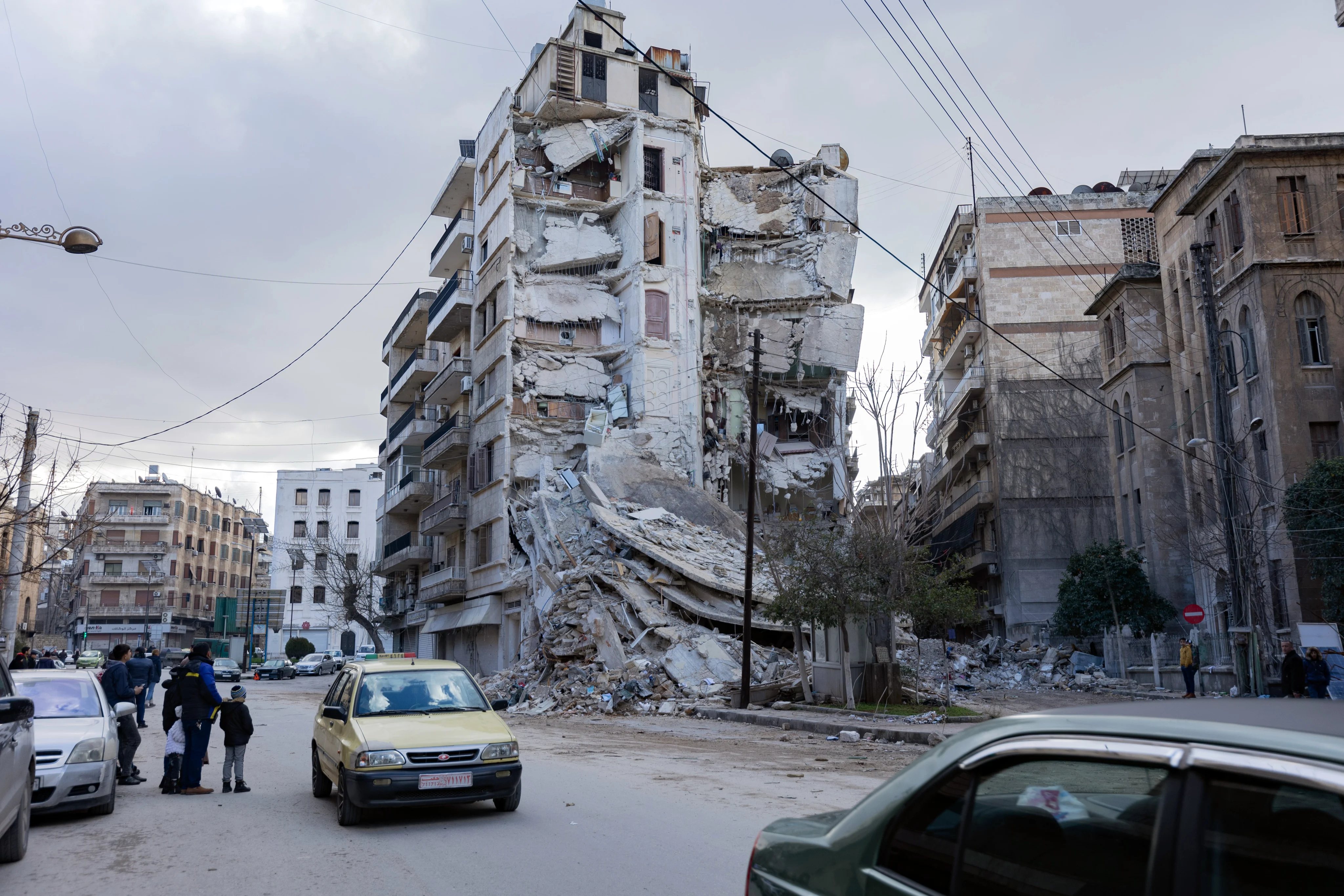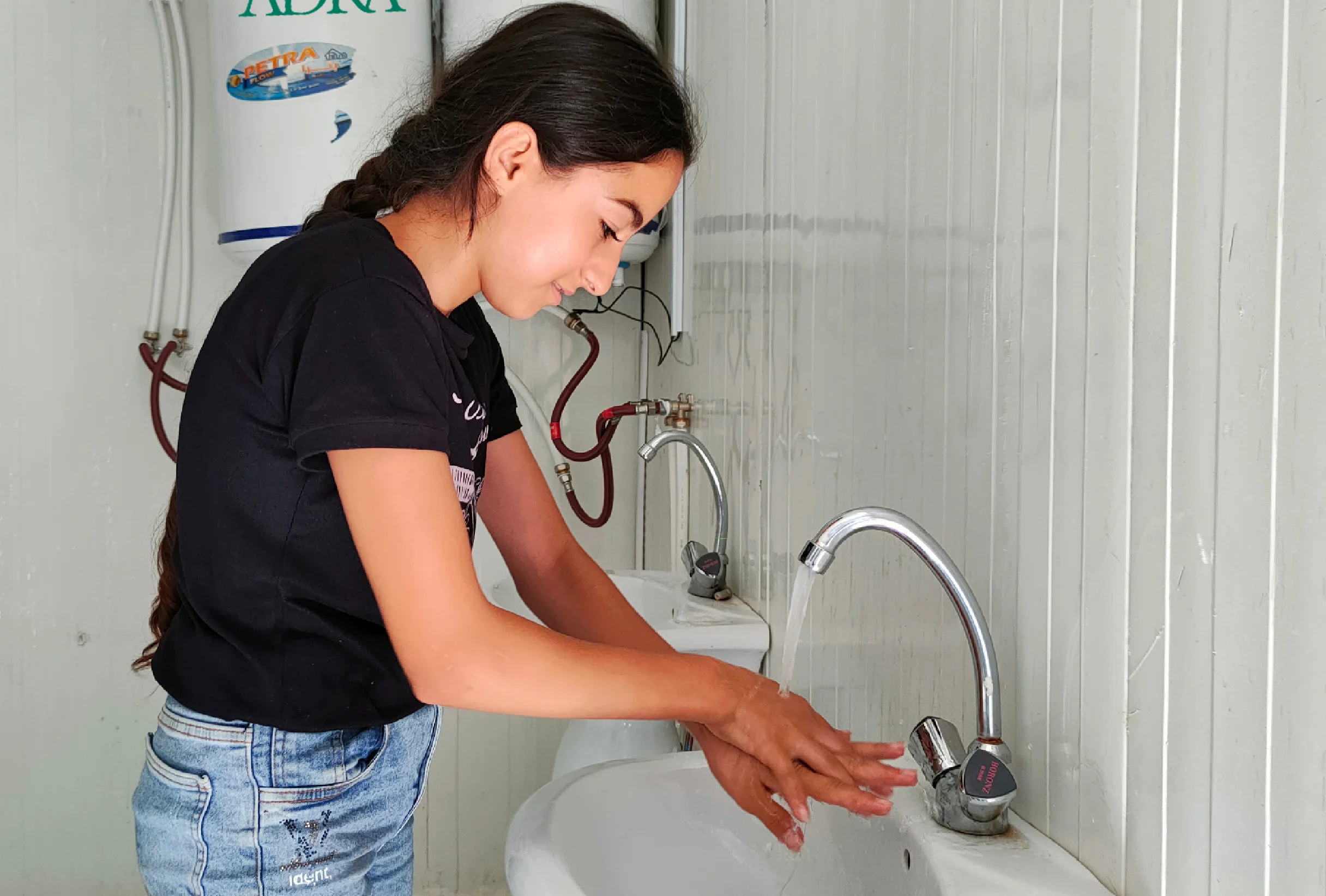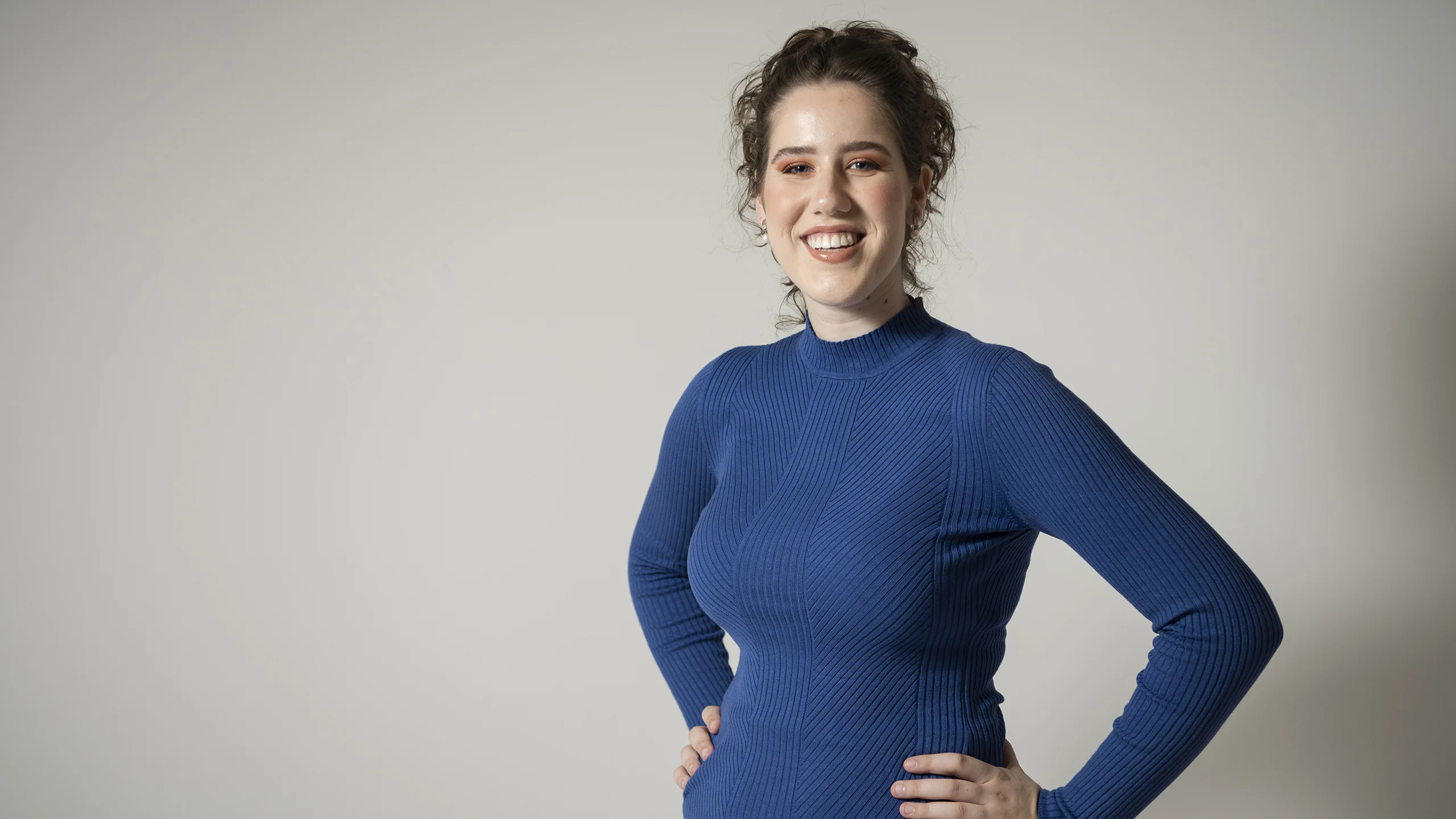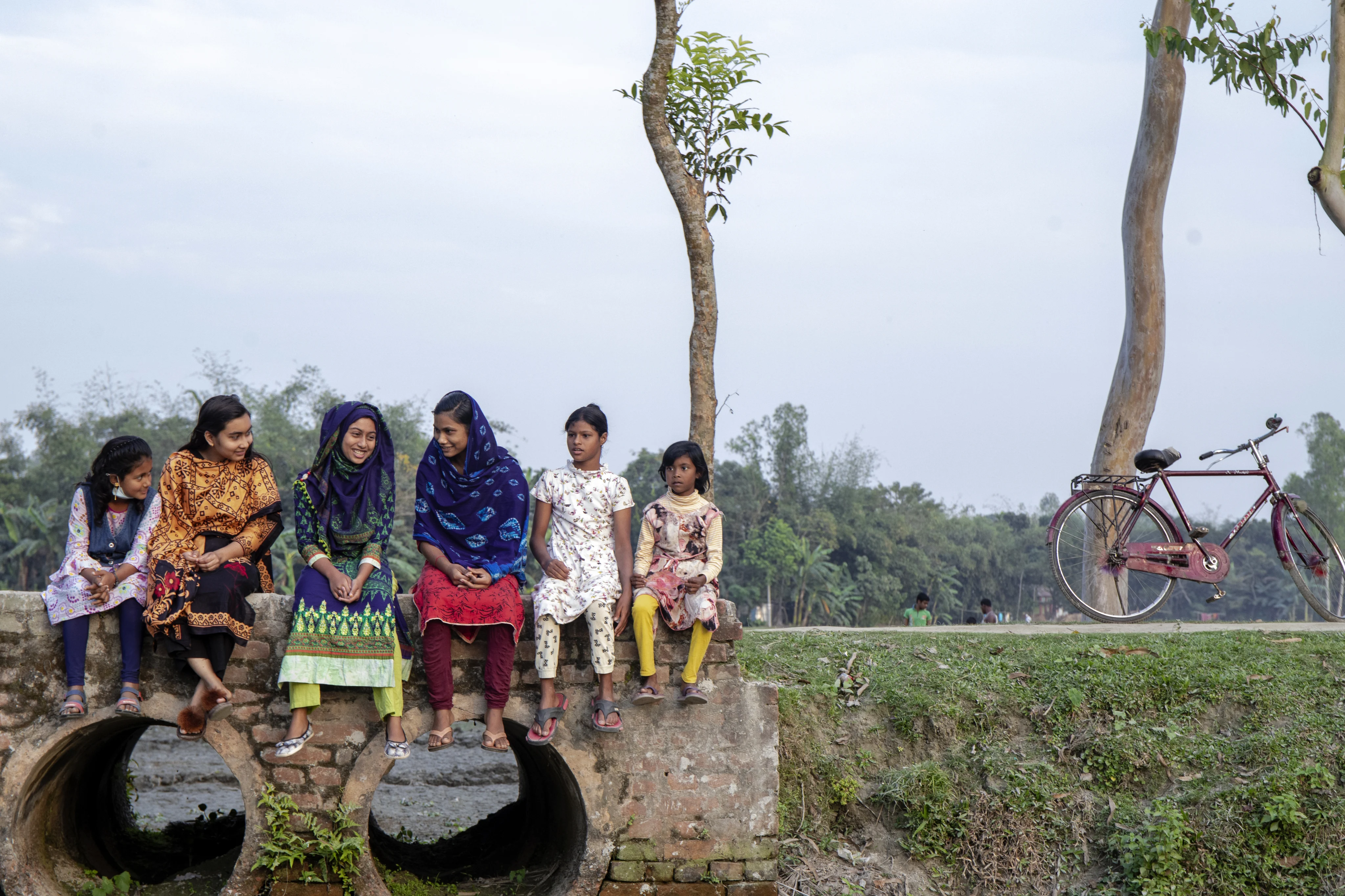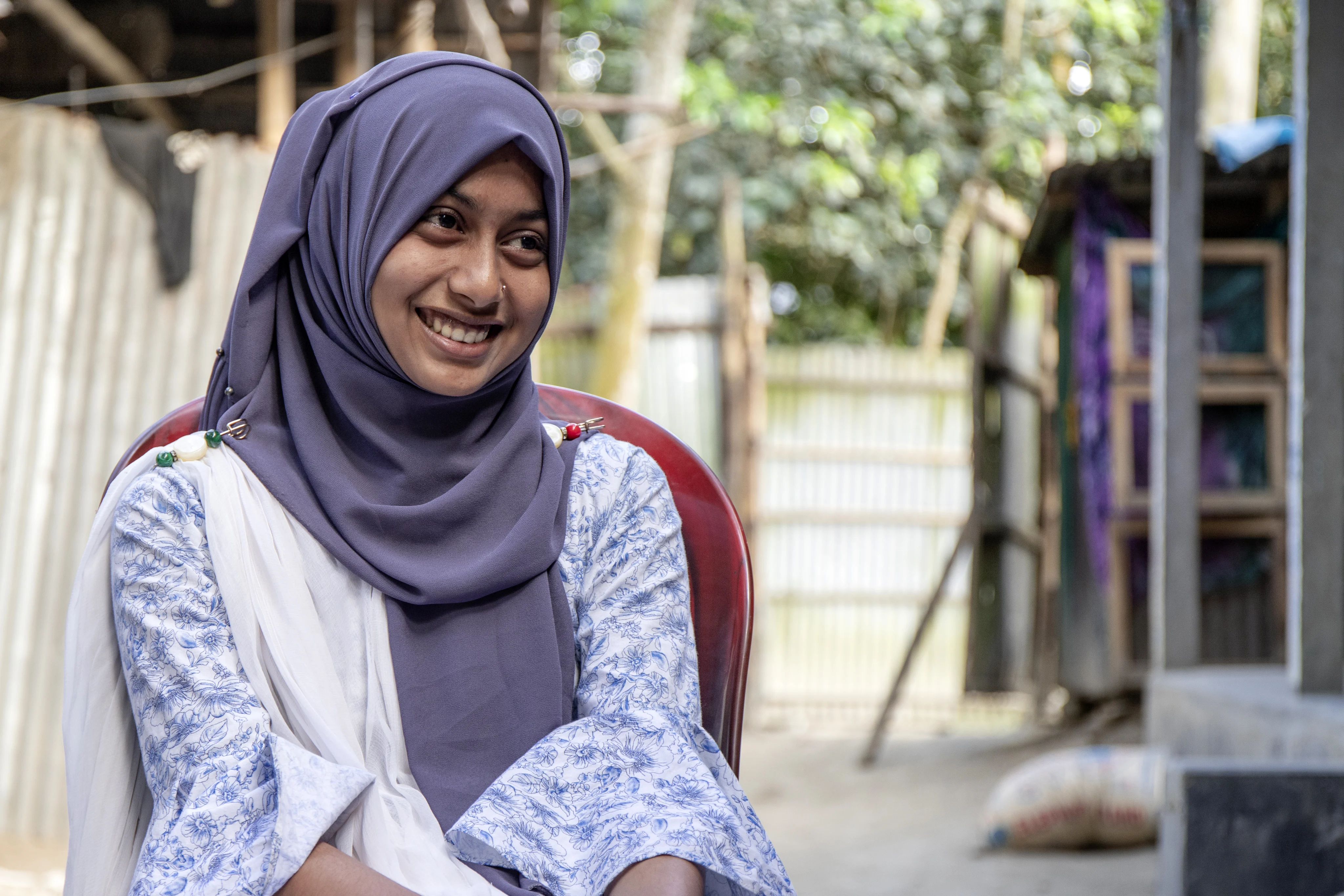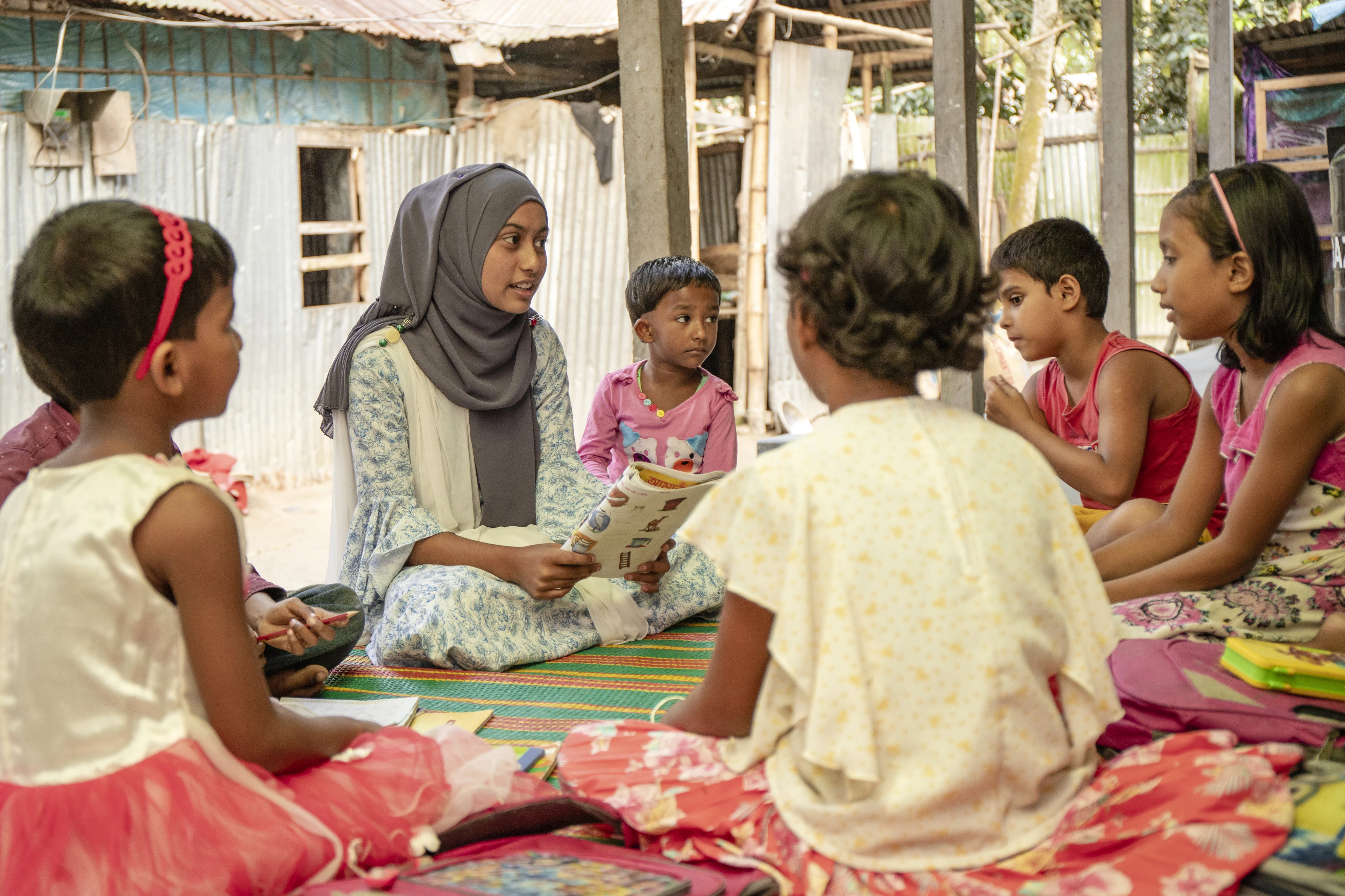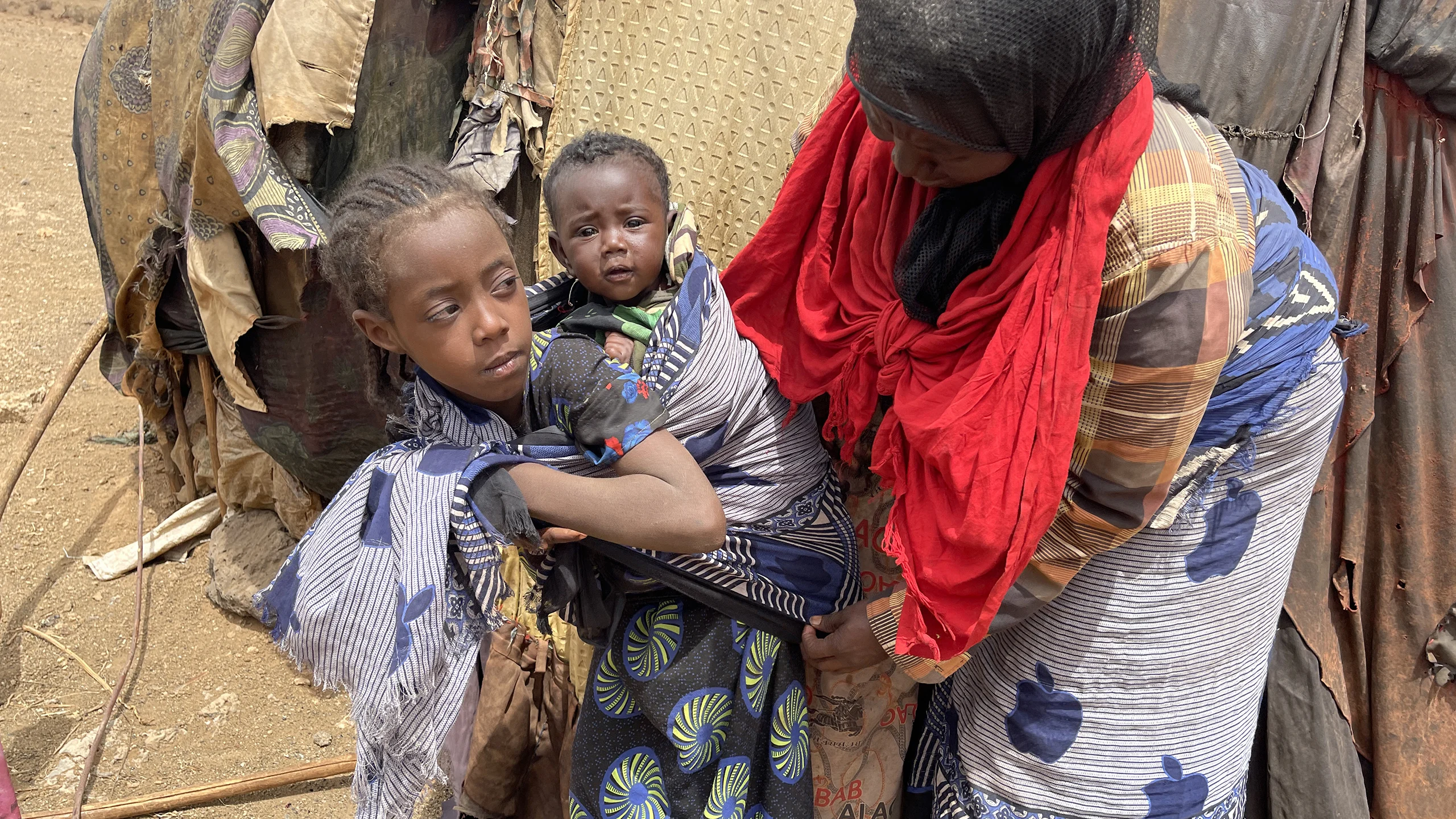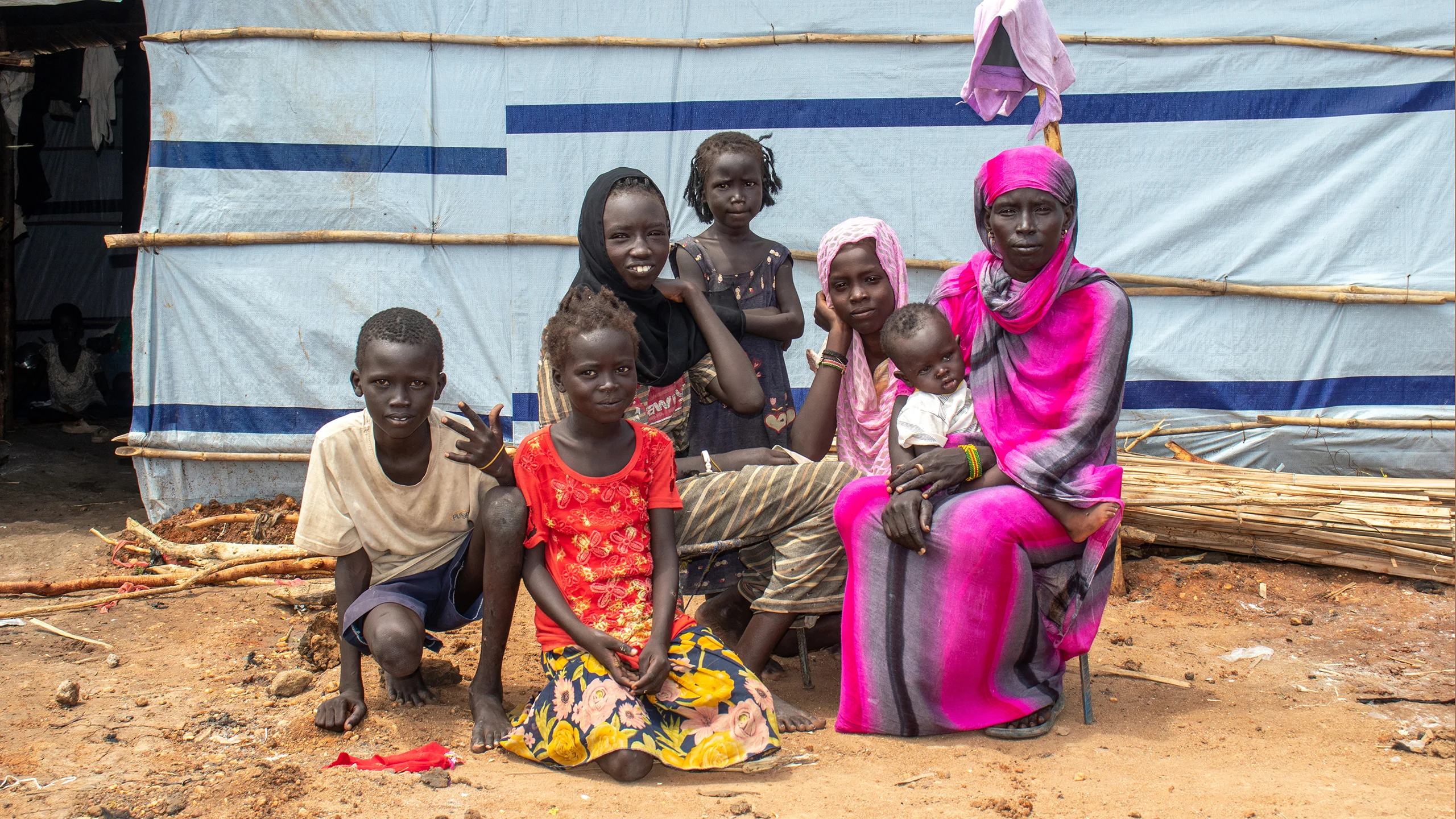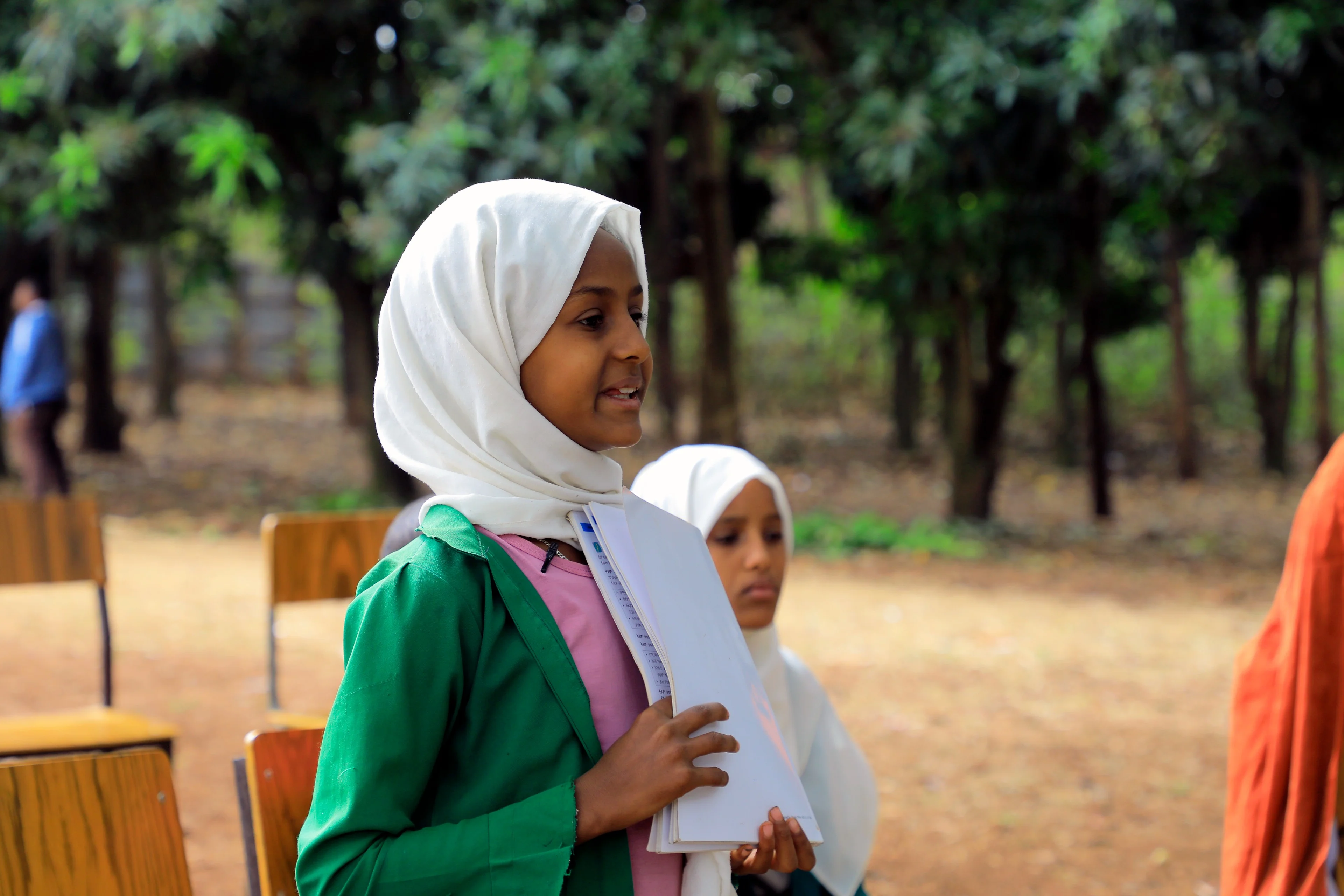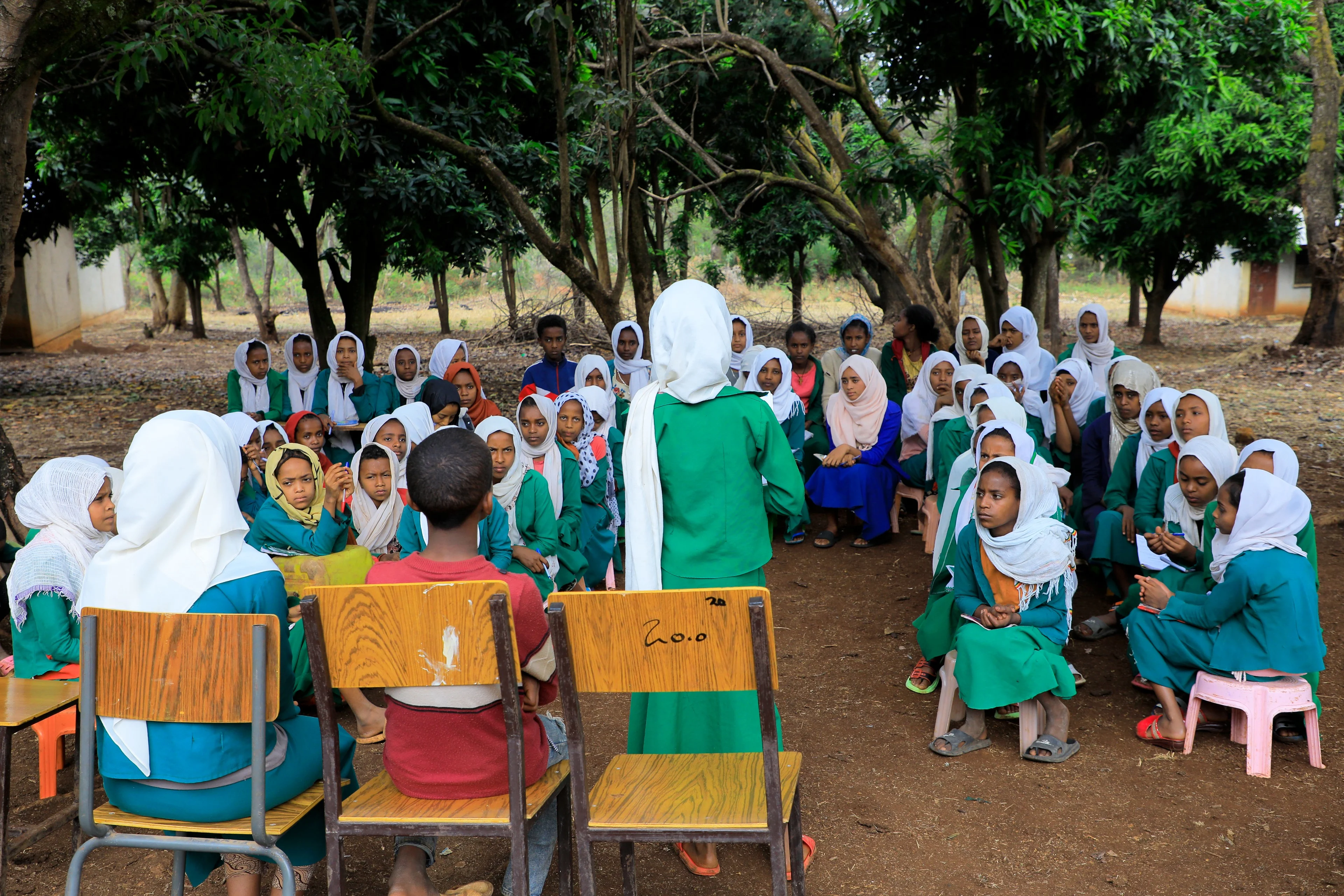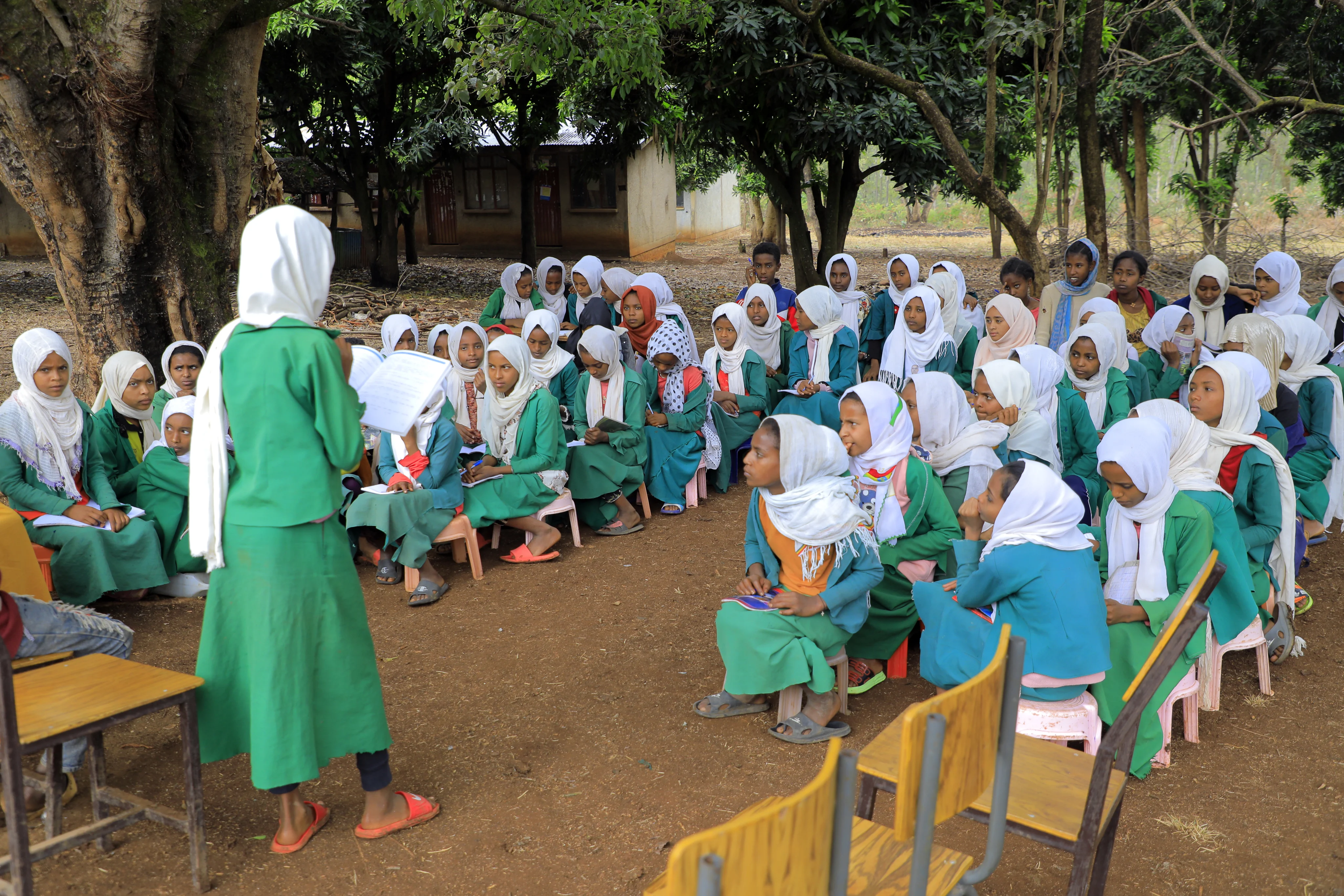Our PASEWAY program is providing vital business training to women and girls in Ghana, helping them develop skills and create job opportunities. Together, we will Beat the Clock.
AYISHA’S PLAN
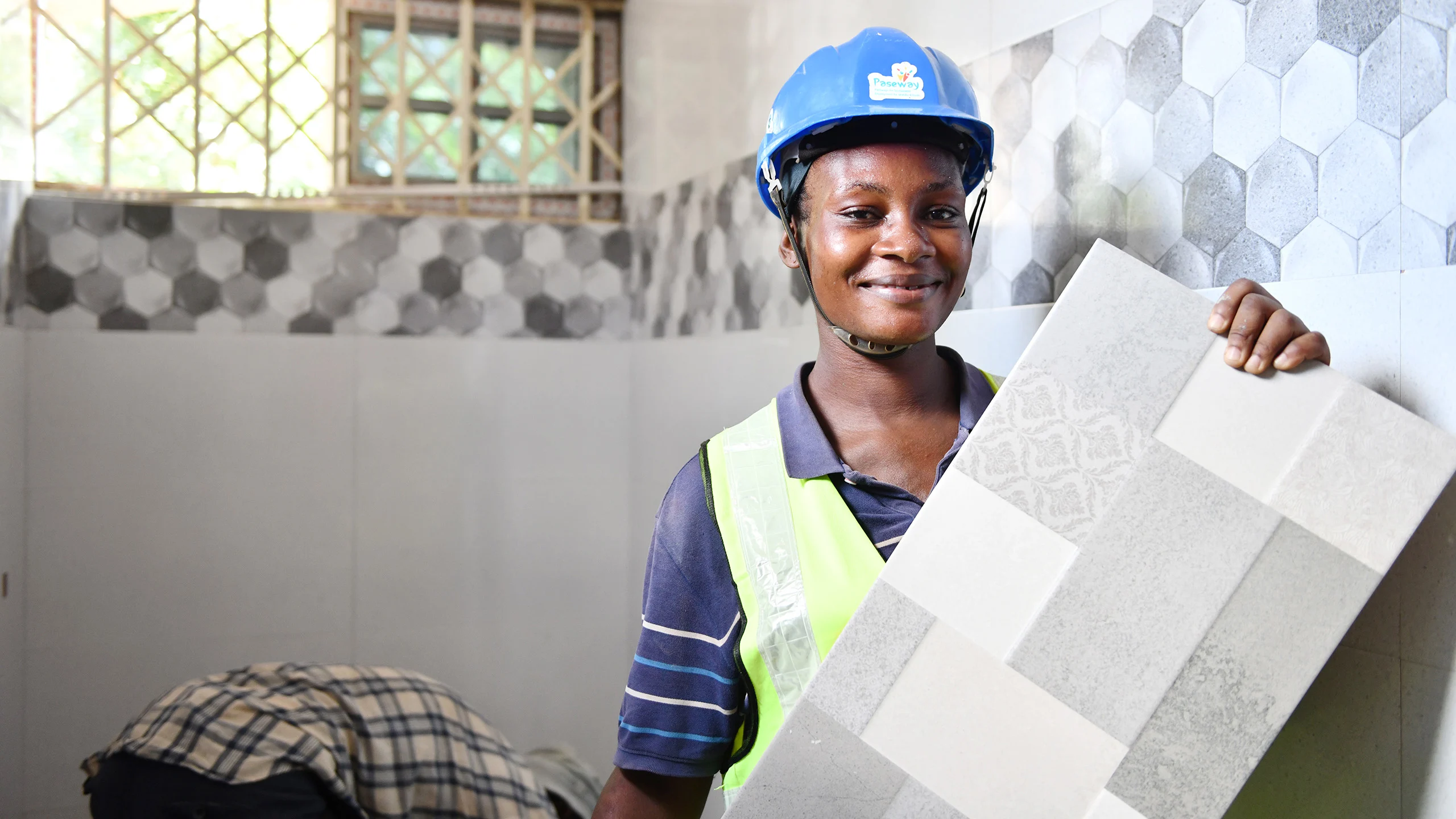
1. Learn a trade.
2. Start a business.
3. Pay it forward.
In Tamale, the capital of Northern Ghana, passersby often stop to marvel at a crew of 10 tile layers laughing and trading quips at a local construction site. It’s not something they see every day. Why? Because six of the crew members are women.
This scene is made possible by Ayisha.
Ayisha, 27, was in an arranged marriage and struggling to make ends meet when she heard a radio announcement about a job-training program. After interviewing at the program office the next morning, she decided to register on the spot to learn tile laying – a trade she knew nothing about.
“First, I thought it was for males,” she recalls. “Lifting tiles from here and there seemed like a huge thing. I was a bit afraid to learn it. But if you don’t try, how will you know?”
Her husband, mother and father-in-law didn’t understand why she would want to do “a boy’s job.” Friends attempted to dissuade her, saying it would destroy her beauty and spoil her skin. But Ayisha persevered and learned quickly. “[Tile laying] is not anything harsh. I could do it,” she says. “Now I am a master, and I am proud of my work.”
Creating job opportunities for young women
Today, the same people who made cracks about how they would never date a woman who works in construction approach Ayisha for contract work as labourers and masons. Even the dynamics of her marriage have shifted: Her husband is proud and respectful, marvelling at all of the people she finds work for – himself included.
Beyond providing casual employment, Ayisha has taught six young women (and three young men) how to lay tiles through her registered company, Dinveilla Construction Works. For Ayisha, who had never seen a woman tile layer before she became one, the most rewarding part of her career journey has been training other girls.
“I don’t want this moment to be only in Ghana but to move farther,” she says.
I want people to know that women, we can do something.
HOW PLAN INTERNATIONAL HELPED
In Ghana, a society in which age commands respect, youth often struggle to access quality education and training that aligns with job opportunities.
Ayisha’s plan came together with the support of Pathways for Sustainable Employment for Women and Youth (PASEWAY), a three-year project facilitated by Plan International Ghana and local partners that helped young people across Northern Ghana gain job training and business skills.
Through PASEWAY, more than 4,200 young people like Ayisha received technical and soft-skills training in the construction and hospitality sectors. Over 50% of those who secured internships in these fields went on to be offered full-time employment. Ayisha is one of 500 PASEWAY graduates who has formally registered her microbusiness, a move that gives it more credibility as well as better access to government and private contracts.
BY THE NUMBERS
With about 200 million people ages 15 to 24, Africa has the youngest population of any continent in the world. This number will double by 2050, creating what the African Development Bank calls a “ticking time bomb,” given that youth unemployment currently affects one in three young Africans.
- a mismatch between education/training and in-demand skills.
- a lack of access to financing, markets and business-development skills that discourages entrepreneurship.
- social and cultural norms that discriminate against young people – particularly women, rural youth, migrants and those with disabilities.
Approximately three quarters of unemployed adults in Ghana are considered “young.”
In Ghana, 46% of businesses are owned by women, but many lack the support necessary to grow.
Plan International has helped 6.7 million children and young adults around the world gain skills and access opportunities for youth employment and entrepreneurship.



